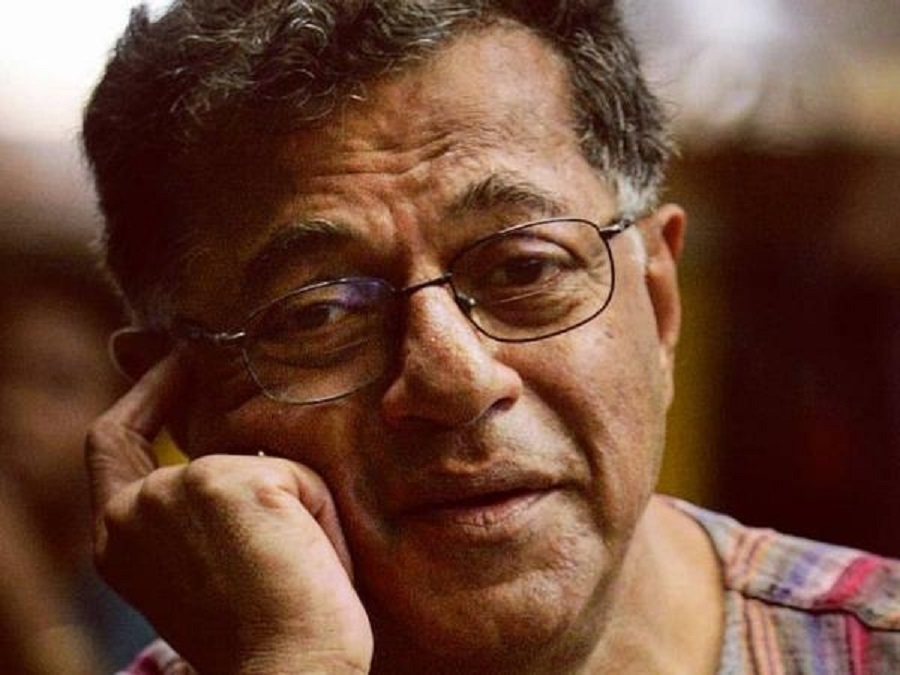ONE MAN MANY CEAFTS
| Date :11-Jun-2019 |

For the 1980s’ kids who tasted TV time with Malgudi Days, Girish Karnads portrayal as Swami’s stern father, has remained an indelible memory. Equally unfading for many generations are his plays with historical and mythical elements, films reflecting the countrys social sentiment, and political activism -- all of which reflected a fearlessness and candour so rare in Indian showbiz. An expressive conversationalist and liberal who believed in the true spirit of secularism, he was a colossus in India’s cultural landscape. “A man must commit a crime at least once in his life-time. Only then will his virtue be recognised,” Karnad has been famously quoted by his fans and detractors. He wore multiple hats as a playwright, screenwriter, director and actor, all so versatile, and his off-screen persona, as the film and theatre fraternity describes, was extremely humble, helpful, caring, encouraging and inspirational.
Rich tributes came in from top political leaders, theatre veterans and film celebrities across the nation, as Karnad breathed his last in Bengaluru. A Jnanpith winner and a recipient of the Padma Shri and the Padma Bhushan, apart from multiple National Film Awards and a Sahitya Akademi honour, Karnad was born on May 19, 1938 in Matheran. He graduated from the Karnatak University, and was a Rhodes Scholar in the University of Oxford, where he studied philosophy, politics and economics.
Yayati in 1961 marked his first tryst with theatre, and established his ability to create dramatic experiences. His work in the theatre world was seeped in historical and cultural stories, but told with a touch modernism, which made them conducive for translations in English and other languages that took them to a wider audience. He went on to historical Tughlaq, followed by Nagamandala, Agni Mattu Male, Hayavadana and Taledanda emerging as one of Kannada literature’s foremost playwrights. Tughlaq is one of the gems, which theatre aficionados of the 1970s, would remember for being showcased in the precincts of Old Fort in the capital city. As for his films, the National Film Archive of India (NFAI) rightly captured, how Karnad’s movies brought “ruralism, history and mythical pathos with contemporary themes”. But in a career spanning six decades, he also featured in a stream of commercial potboilers like Ek Tha Tiger and Tiger Zinda Hai in recent times. With his maiden film Samskara (1970) -- which he wrote and acted in -- on caste system, Karnad had set the tone of his creative expression -- bold and fearless, and he continued that streak in a stream of Kannada, Hindi and Marathi films.
He also featured in Hindi movies Manthan, Nishant, Pukar, Iqbal, Dor and Ek Tha Tiger. His frequent collaborators, director Shyam Benegal, and actress Shabana Azmi, were both too emotional to talk about the sudden demise of Karnad, but the film fraternity at large was generous in praising not just his talent but his benevolence too. Actor Satish Shah remembers that Karnad was the one responsible for choosing him, Naseeruddin Shah and Om Puri for the FTII acting course in 1974 in the days of “conventional chocolate faces”. “Owe him our careers,” he tweeted. Beyond the world of showbiz, Karnad was also unafraid of expressing his views on the country’s social and political state.